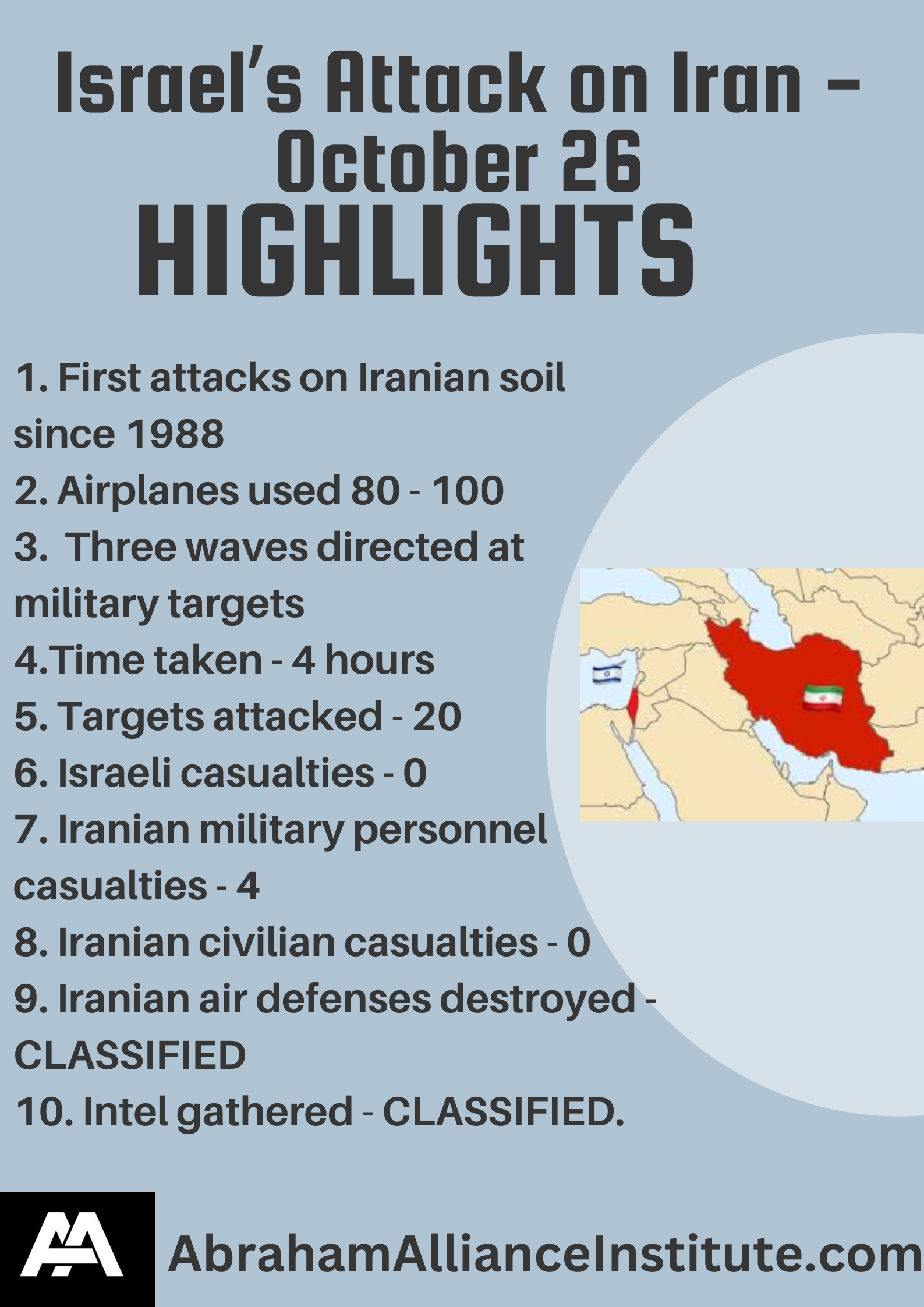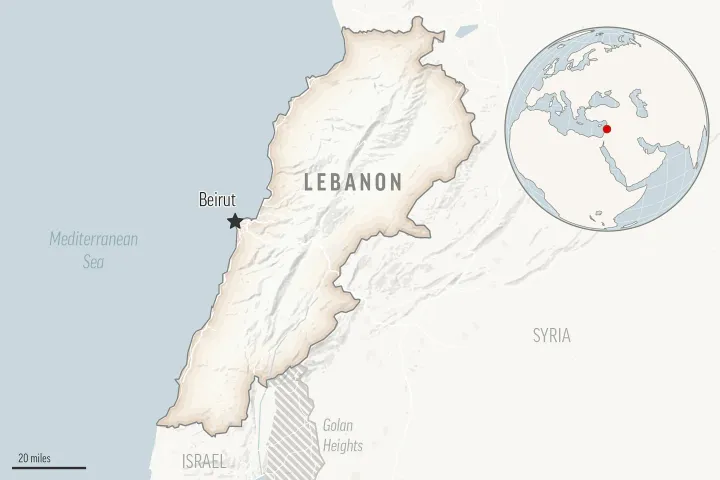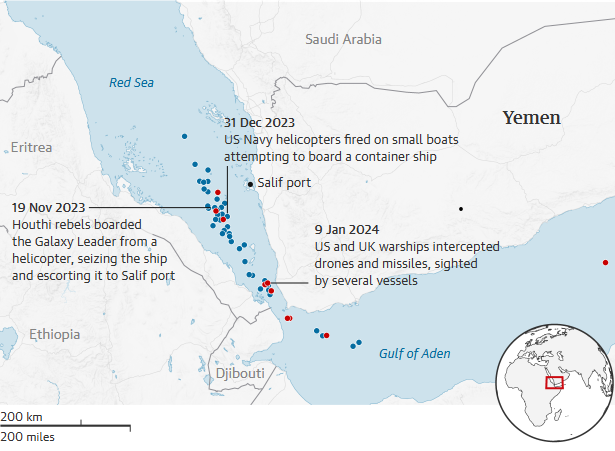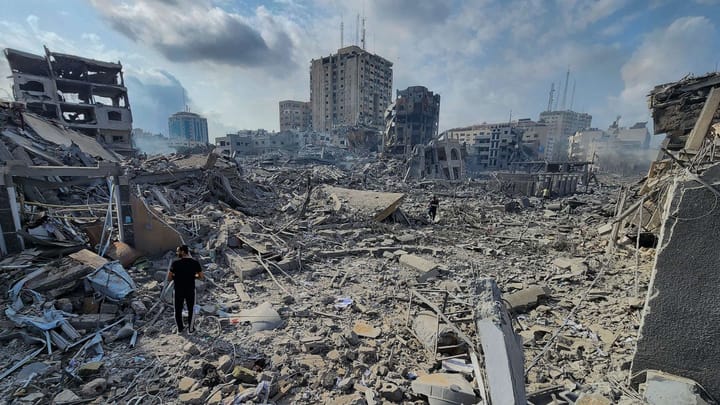Israel's Attacks on Iran - 26th October, 2024

The Israel Air Force launched Operation Days of Repentance in the early hours of Saturday, 26th October. This was in direct response to Iran's direct and indirect attacks on Israel - which included an attack in April and a more recent one earlier this month. There are several implications of the attacks.
Israel Does Not Want to Harm Iranians
There were many possibilities for Israel to inflict serious and far-reaching damage on Iran and its infrastructure and people.
In the heat of the post-October 7 attacks, there was massive anger against Iran in Israeli circles. Many hardliners in Israel's military and political structures demanded a harsh and painful attack on Iran. However, the top leadership refused.
This attack was minor and deliberately avoided harming civilians. The rockets fired at Tehran were within range to be intercepted by the Iranian air defense system.
Israel is Sending Out a Warning - It Could Get Worse
Israel did a minimal attack on Iranian soil. However, the action was calibrated to show that Israel can hit extra hard in the future when needed. Iran is cast as a helpless country that is too large for its good. Hence, Israel can fly undetected in a large percentage of Iran without being stopped in any way or form.
Iran is Not Beyond Reach
In all the conflicts in the Middle East, Iran has remained relatively untouched for many decades. This was the first attack after the Iran-Iraq war ended in 1988. Thus, the foundations of Iran's relative comfort and safety have been shaken to some degree. Their diplomacy and manipulation have not worked, and there is an opponent on the other side of Western Asia who will not be forced onto its knees.
Suffice it to say that Iran has been behind a lot of conflicts in the Middle East. From Syria to Yemen to Iraq, Iran has supplied weapons since 2011, which have killed over a million Muslims. All this while, Iran remained tucked away in its nucleus far away in Tehran under conditions similar to the conducive Central Asian rather than chaotic Middle Eastern realities to which they have contributed immensely.
The IRGC Was Attacked for the First Time
Iran's Revolutionary Guard Corps is seen as untouchable. They thrive based on the negative image created of the United States and use their power to oppress and suppress the Iranian people. Internally, everyone feels the IRGC is beyond reproach and no one can touch them.
Israel changed that tone with the Operation Days of Repentance. Soldiers and militants who were seen to be doing things no one could question were targeted. This showed that the dreaded image of the "Little Satan" can show up from time to time - it is no more a distant threat, but a pressing reality. This will require Iran to back up and try to find other means to play its international survival game.
Intel Gathering & Destruction of Iranian Air Defenses and Ballistic Manufacturing Capabilities
While this attack has been downplayed by the Iranians and their supporters as being weak, there is no way of knowing how much damage was done to the military infrastructure.
Sources have reported the destruction of ballistic missile manufacturing capabilities of Iran. These are things they cannot openly acknowledge. Hence, this was an opportunity for Israel to set the Iranians back.
Also, the IAF destroyed significant air defenses deep inside Iran. This means Israel will face far less resistance in future, if they are to attack Iran.
Furthermore, valuable intelligence was taken by the Israelis as they flow all over the skies of Iran. They confirmed locations and gained a lot of knowledge about how to pull off a similar operation in future when the need arises.
Conclusion
Iran has no option but to accept that Israel is closing in on them. The trap they set for the Israelis are being dismantled one after the other. A more intense version of this set of strikes could bomb Iran back into the Middle Ages. Thus, restraint will be in the best interest of the mullahs and regime if they hope to survive. Otherwise, a future tit-for-tat attack might leave Iran in a completely different shape and form.




